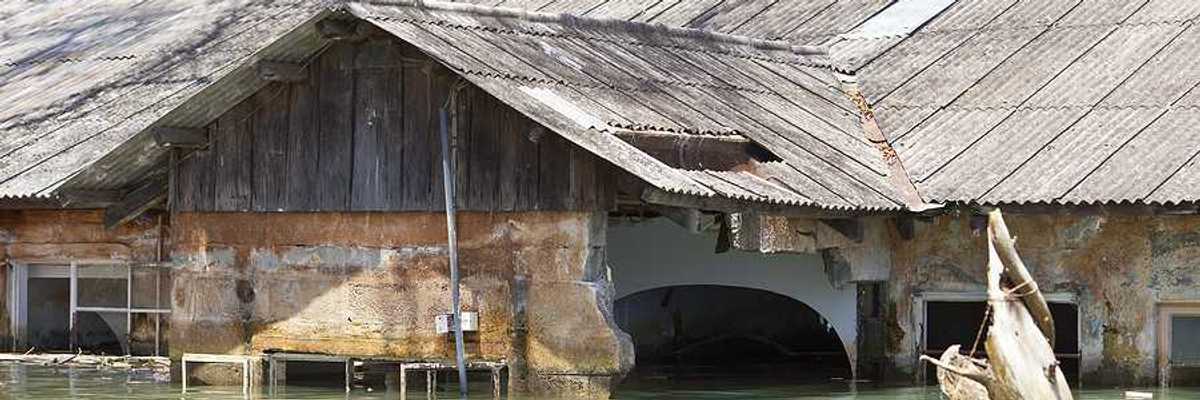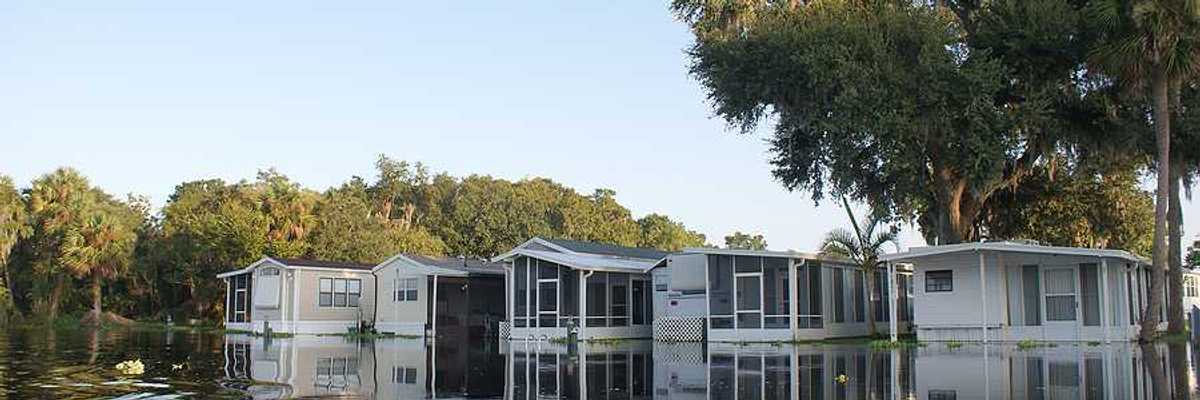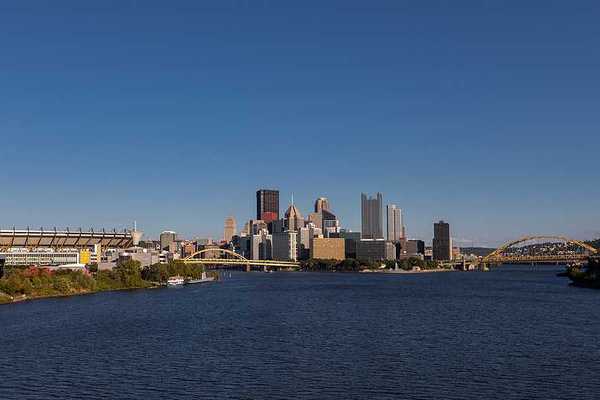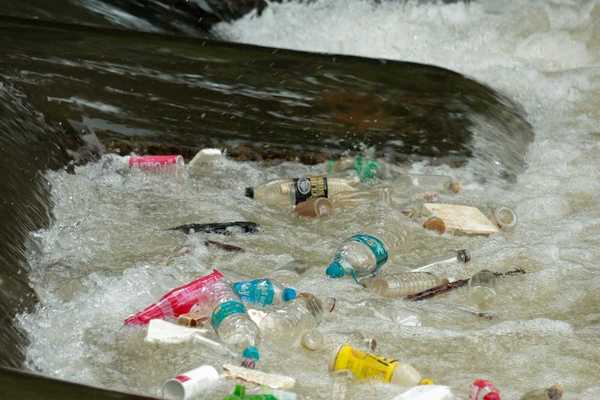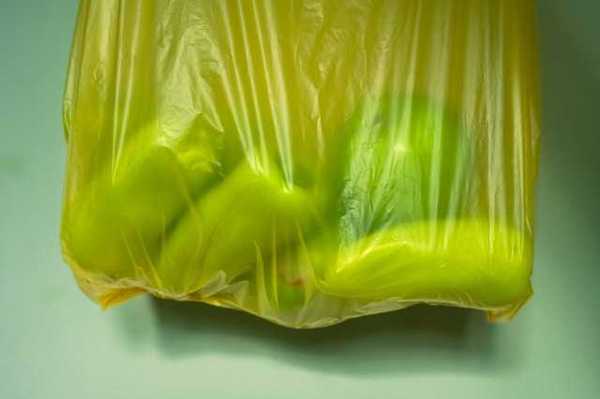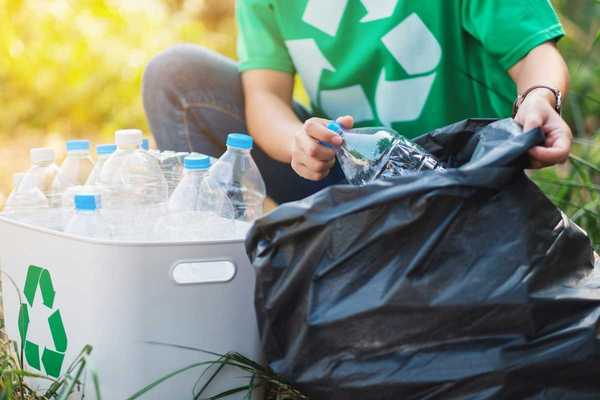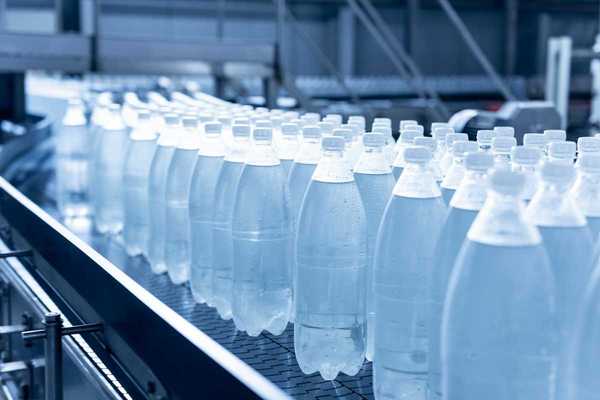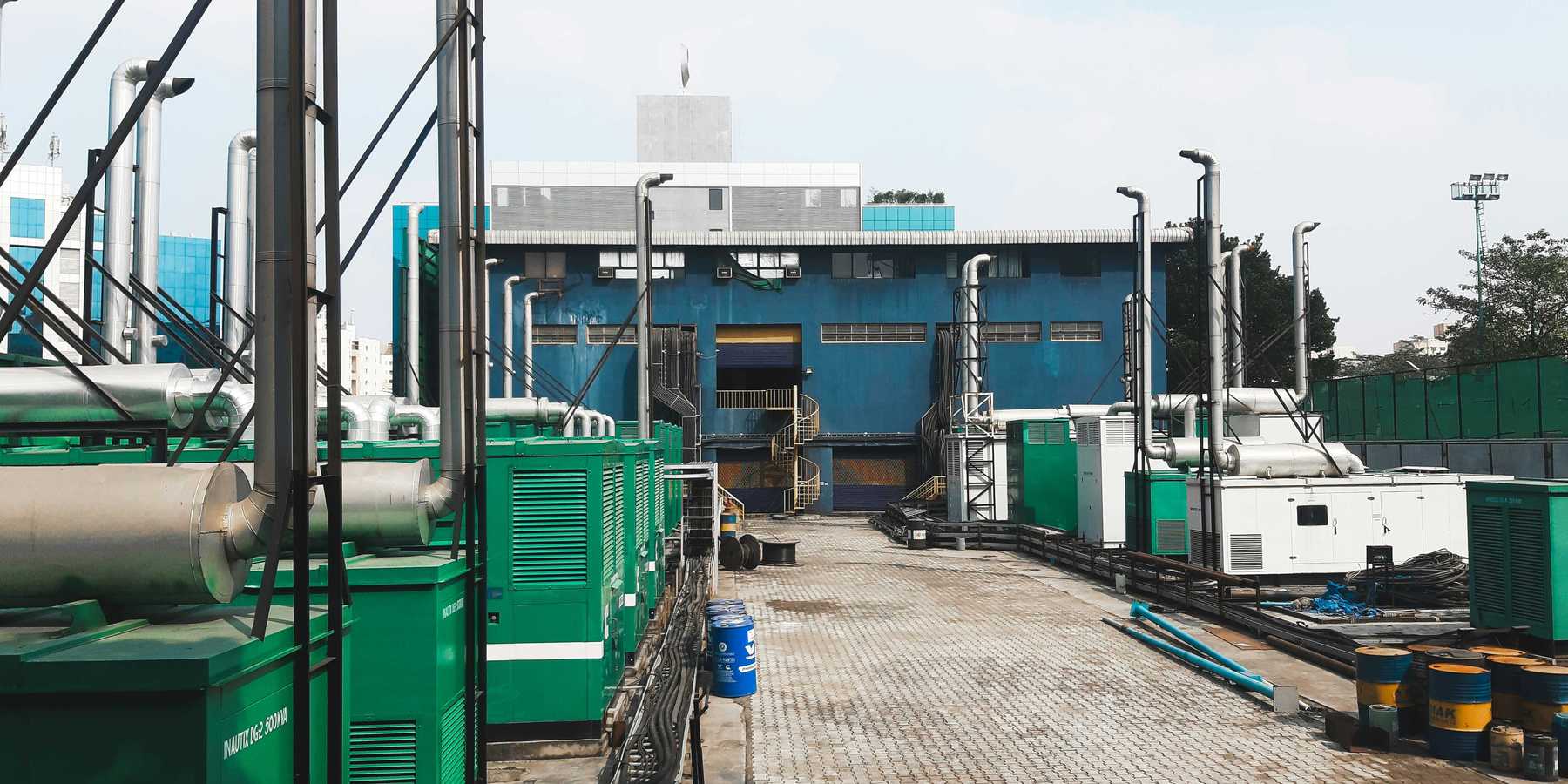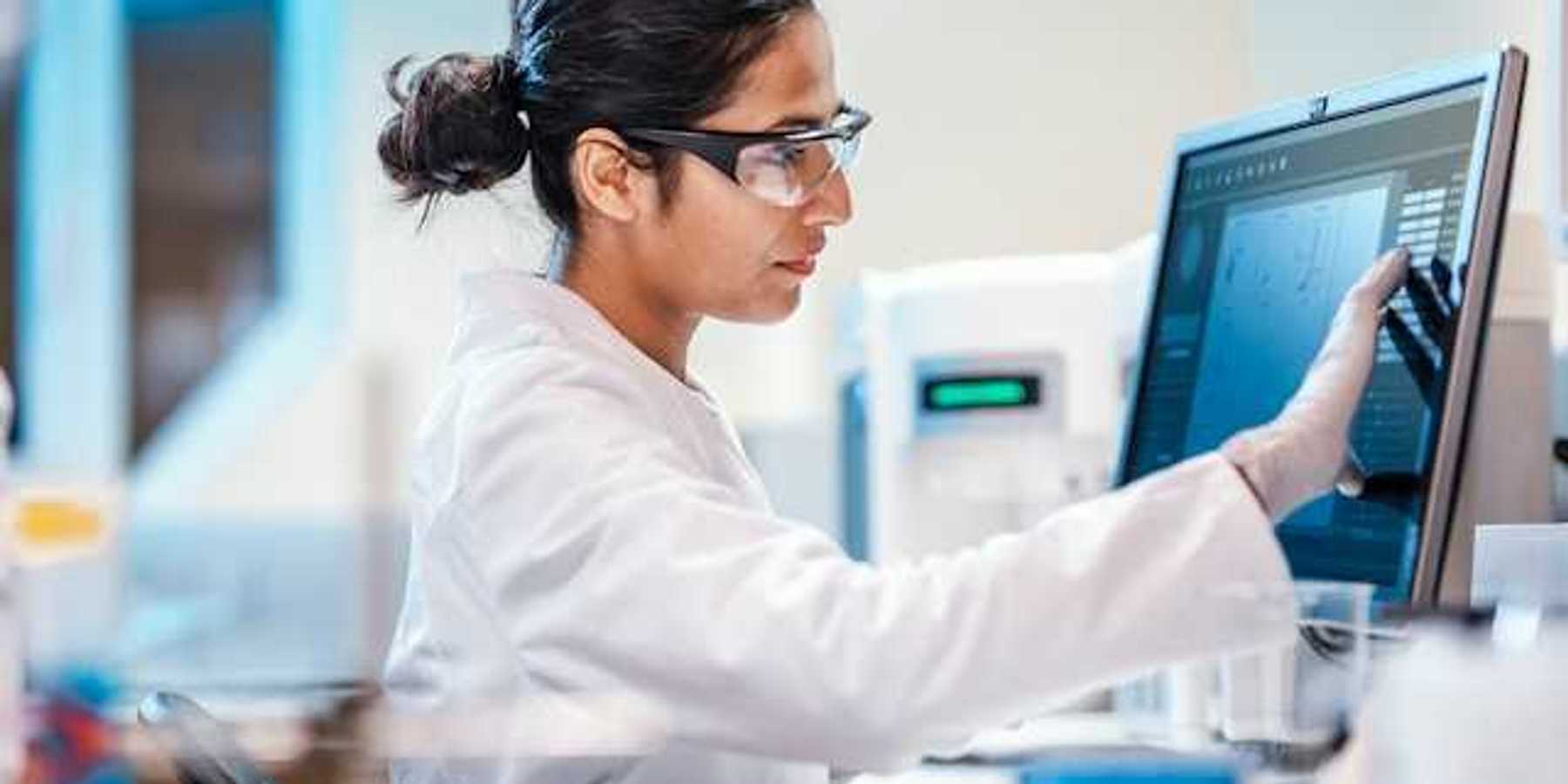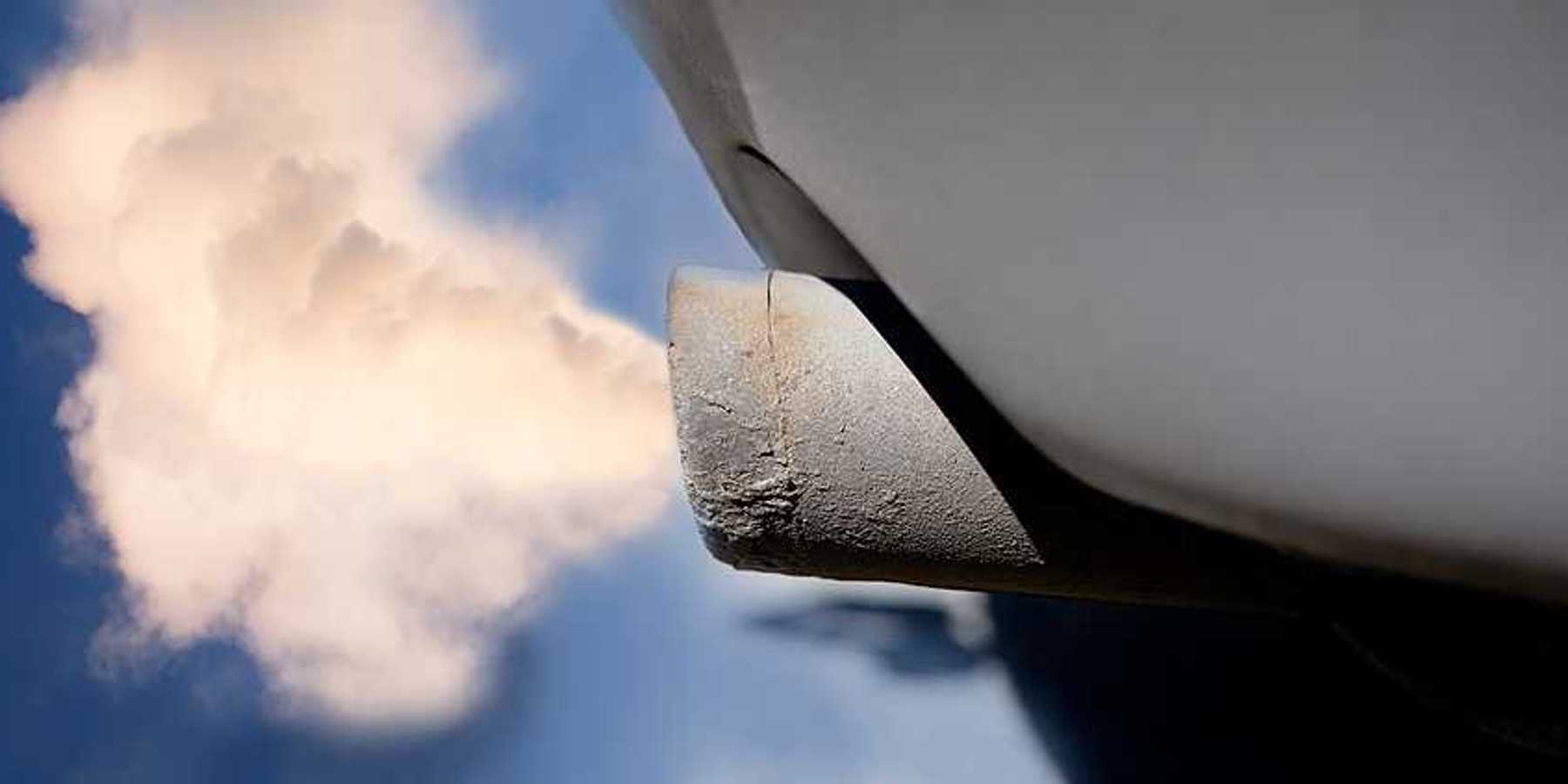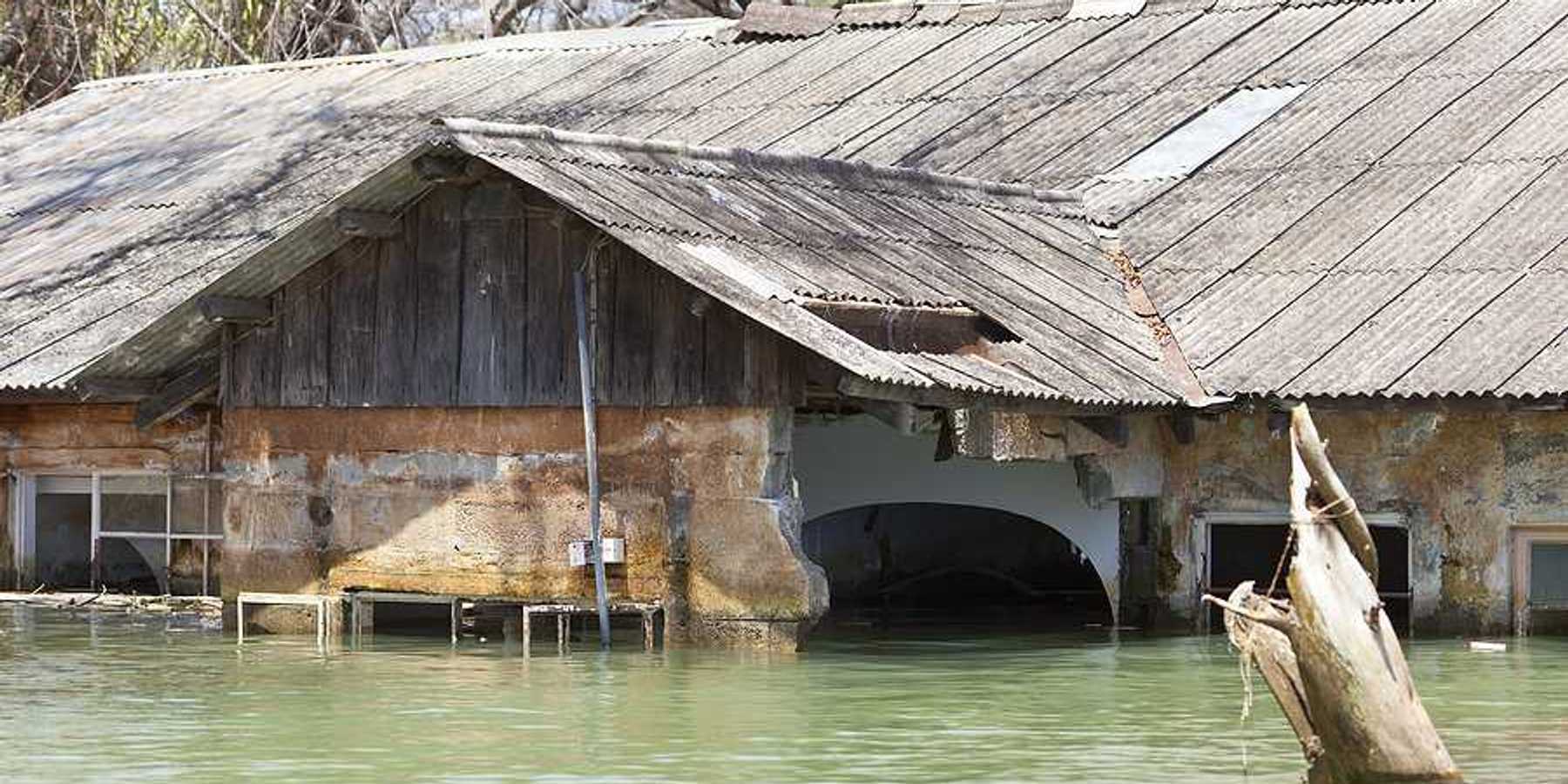plastic pollution
Newsletter
Credit: Dulinskas/Big Stock Photo
Pennsylvania spent big on a 'petrochemical renaissance.' It never arrived
Visions of a booming hub that would bring jobs and prosperity to Appalachia faded, but the plastic “nurdles” remain.
Newsletter
Credit: salajean/Big Stock Photo
Meet the Inuit scientist kayaking around Greenland to highlight just how far microplastics travel
One scientist is on a mission to reveal the far-reaching spread of microplastics after kayaking around a remote glacier in Greenland.
Newsletter
Floods are sending far more plastic to the ocean than we thought
A new study shows that most plastic pollution from rivers is transported to the ocean during short, intense flood events.
Newsletter
Credit: Jordan González/Unsplash+
Biodegradable plastic isn't a climate solution on its own
A new global life-cycle analysis finds that if not properly disposed of, biodegradable plastics could increase methane emissions and plastic accumulation.
Credit: Gage Skidmore/https://www.flickr.com/photos/gageskidmore/https://creativecommons.org/licenses/by-sa/4.0/
‘Shameful’: Trump’s EPA accused of prioritizing big business over public health
A year into Trump’s second term, critics say the EPA is rolling back dozens of protections and giving a leg up to polluters.
Credit: Getty Images/ Unsplash+
Europe’s supermarket shelves packed with ‘misleading’ claims about recycled plastic packaging
Manufacturers use method that labels plastic as ‘circular’ and climate-friendly, despite being mostly fossil-based.
Credit: Getty Images/ Unsplash+
Plastic emissions could double health damage by 2040
Plastic pollution could double its harm to human health in the coming decades if current production trends continue, according to a new study that links rising risks directly to the manufacture of new plastics.
ORIGINAL REPORTING
MOST POPULAR
CLIMATE


